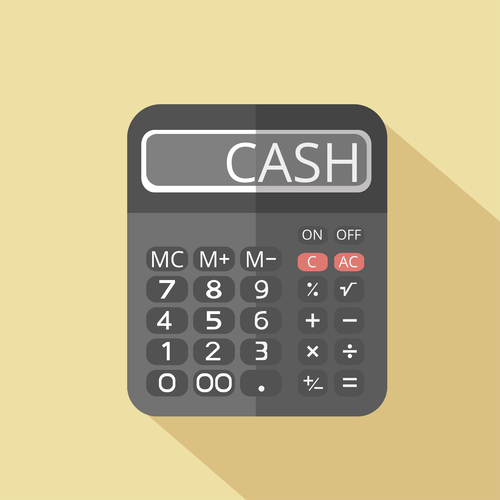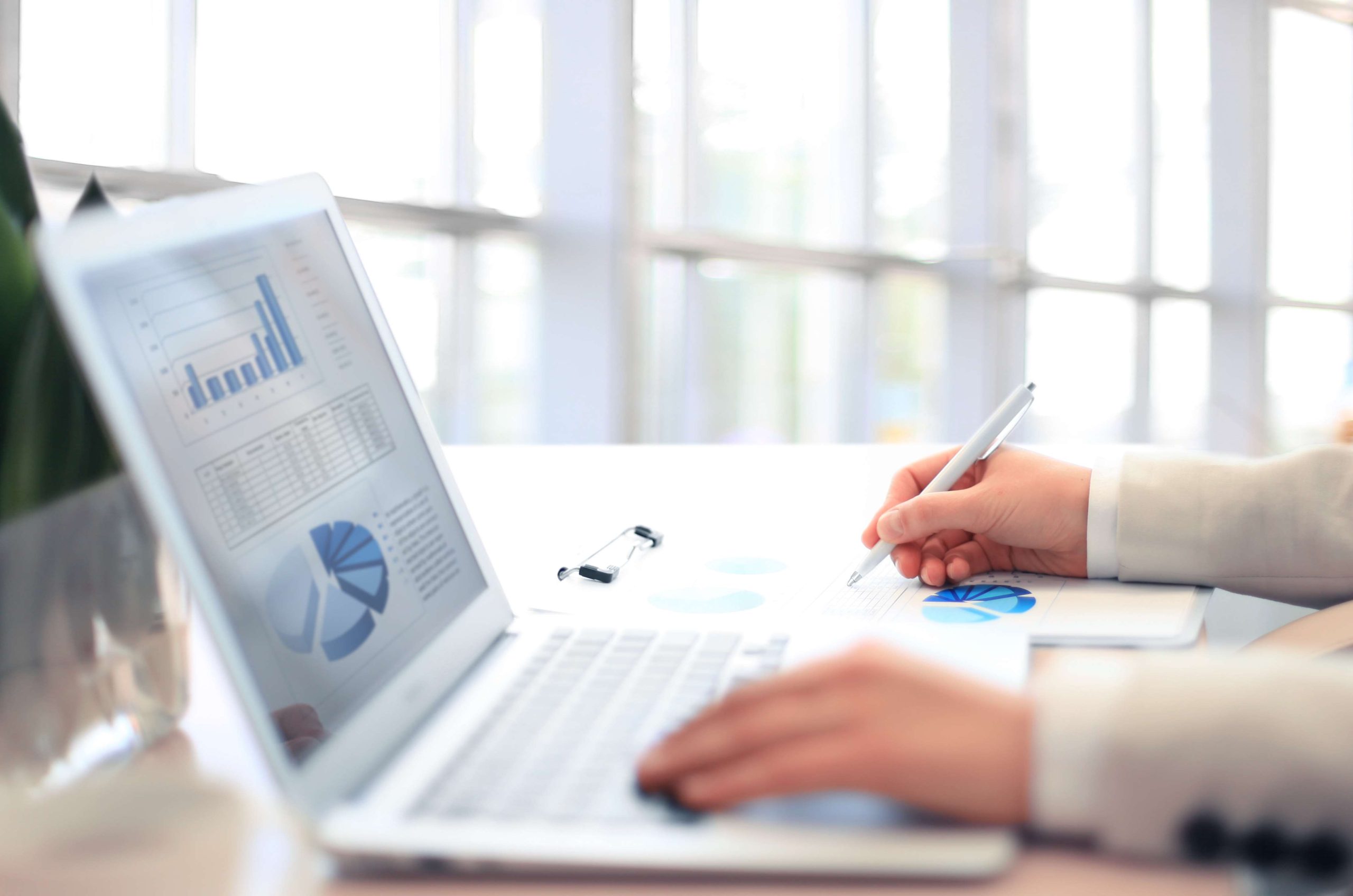
Real Business provides readers with high profile interviews, news, insight and industry benchmark reports, as well as a growing stable of events tailored to SME growth. With clean books, streamlined financials and professional advice when needed, you can tackle self-assessment submissions confidently and efficiently. By taking these simple steps, you can rest assured that your business finance records are in good shape and will stand up to any external scrutiny if selected for auditing.

How Personalisation Can Improve the Employee Experience
If you’re already one of the 3.1 million sole traders in the UK, you’ll know there’s a pretty overwhelming you need to learn and do as a business owner. When you work for yourself, you’re often juggling multiple hats which is why bookkeeping is often a task that many a sole trader would rather forget about. If you are preparing your accounts under the accruals basis, as mentioned above, you will most likely have a balance sheet. A sole trader business using the cash basis will not require a balance sheet. Streamline financial tasks and make bookkeeping simple with our top recommended software and tools to help you efficiently manage your finances, stay organized, and ensure compliance with ease.

Get started with simple business accounting with FreshBooks today.
Or you can spot someone who hasn’t paid their invoice on time and gently suggest that you can’t do anymore work until you’re all square. In the Flat Rate scheme, you charge your customers at the standard rate of VAT and pay the money back to HMRC at a lower rate, depending on the nature of your business. You can opt for the standard VAT scheme or Flat Rate VAT, which was set up to help reduce the admin load for smaller businesses. As a sole trader, you need to register for VAT if your turnover is more than the current threshold, which is £85,000. You need to pay your quarterly Class 2 National Insurance bill, which is a basic payment that goes towards your state pension in the future.

Accounting Year End & Tax
In addition to being an IRS Enrolled Agent, she is also a Quickbooks Pro Advisor. Raoutie also holds Comptia Certifications in A+, Network + and Security +. A proper financial data management system can provide valuable, actionable insights and prevent problems, such as skimming fraud.

That’s why our accounting software now includes double-entry accounting – an industry standard features that helps you keep all of your debits and credits in check. Sole trader businesses are required to maintain good bookkeeping records. Self-employment means submitting self-assessments, and you need good records bookkeeping for sole traders to do that accurately. Beyond that, it’s also helpful for a sole trader to have a clear view of their financial position. In the grand scheme of things, MTD will make things much easier for sole traders. Bear in mind that MTD for ITSA will only affect sole traders who make more than £50,000 per year.
- Double-entry bookkeeping records all transactions twice, usually a debit and a credit entry.
- Creating a cash flow statement provides a clear understanding of where cash is coming from and going out.
- As a sole trader, you can take drawings from your business whenever you want.
- You can add personalisation, including your business logo, to invoices to build your brand image and reputation.
- To ensure accurate financial statements and smooth operations, it is necessary to perform regular bookkeeping activities such as reconciling bank accounts and managing inventory as a sole trader.
You can use software to help you keep track of your records and ensure that you retain them for the required period. In addition to HMRC, other regulatory bodies may require you to retain your financial records for a certain period. For example, if you are registered for VAT, you must keep your VAT records for at least 6 years. Our partners cannot pay us to guarantee favorable reviews of their products or services. GoCardless helps you automate payment collection, cutting down on the amount of admin your team needs to deal with when chasing invoices.
- You’ll need to keep a record of all your invoices and receipts for six years.
- Consider your business needs and budget, and look for software that can automate tasks to save you time and reduce errors.
- Sole traders intermingle personal and business transactions more frequently.
- Keeping your books in order as a sole trader is crucial to the success of your business.
- Just make sure you have a plan to pay off the balance before the introductory offer ends and a variable APR sets in.
- You should retain records of all invoices and receipts, including sales receipts, expenses receipts, and bank statements.
FAQs on managing your accounts as a sole trader
A sole trader is a self-employed individual who collects all their income. A self-employed person who shares their income with a business partner is not a sole trader. Typically, the term ‘sole trader’ refers to a particular business structure and self-employed refers to how you pay tax. https://www.bookstime.com/articles/what-is-accountancy By analysing these ratios regularly, you can identify areas where your business is performing well or areas that require improvement. According to 81 percent of CBs who interviewed for a new job after becoming certified, having a certification contributed to getting the interview [4].
